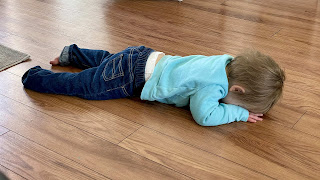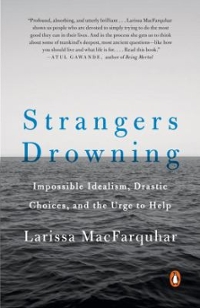Why do I have to go to school / the XP will not come to you!

Like many parents, I've had days when my kids just don't want to go to school. When they were really small, sometimes there'd be a meltdown, with shrieks and tears. As they grew older, toddler hysteria "matured" into grumpiness and complaining, especially as schoolwork became a bigger and bigger part of life. I remember lying down one evening with my son after a tiring day at school. "D, why do you think you have to go to school?" "To get good results." "Why do you need good results?" "To get to a good class" "Why do you need to get to a good class?" "To get to a good school" "Why do you need to get to a good school? "To get a good job" "Why do you need a good job?" "To buy things like house and car" "What about Bill Gates or Steve Jobs' children? They will probably have more money than they can ever spend. Why do they need to go to school?" "... I ...



